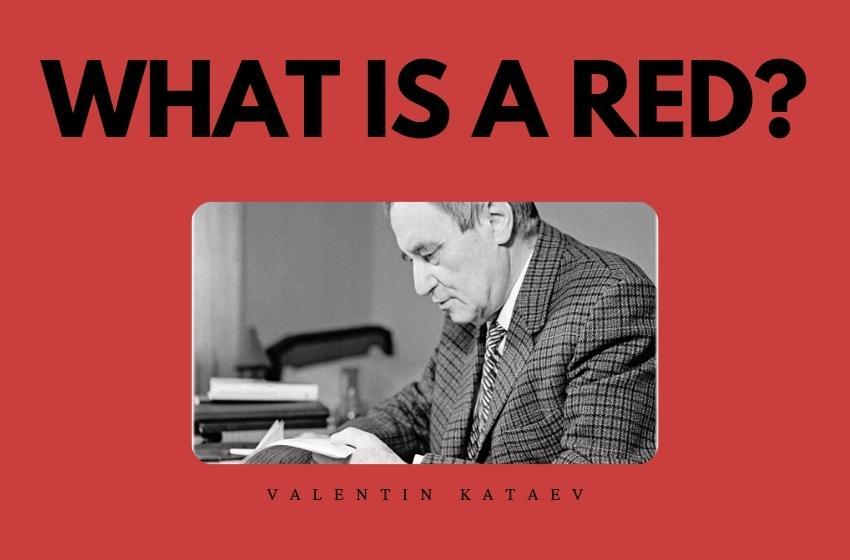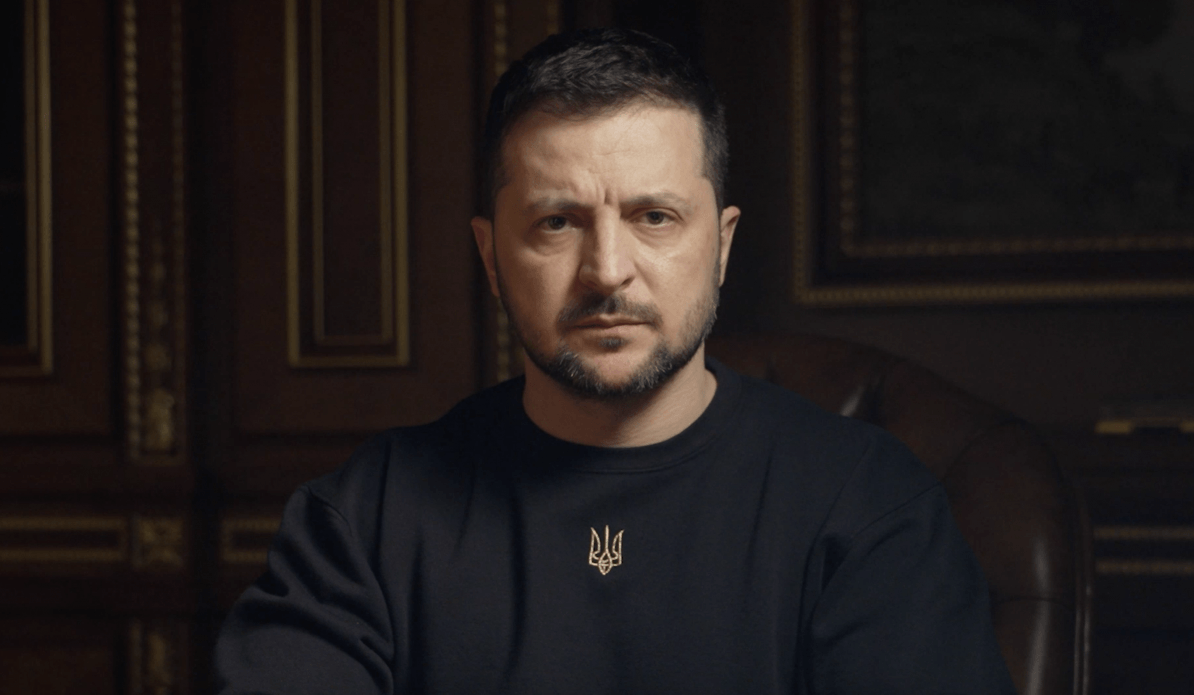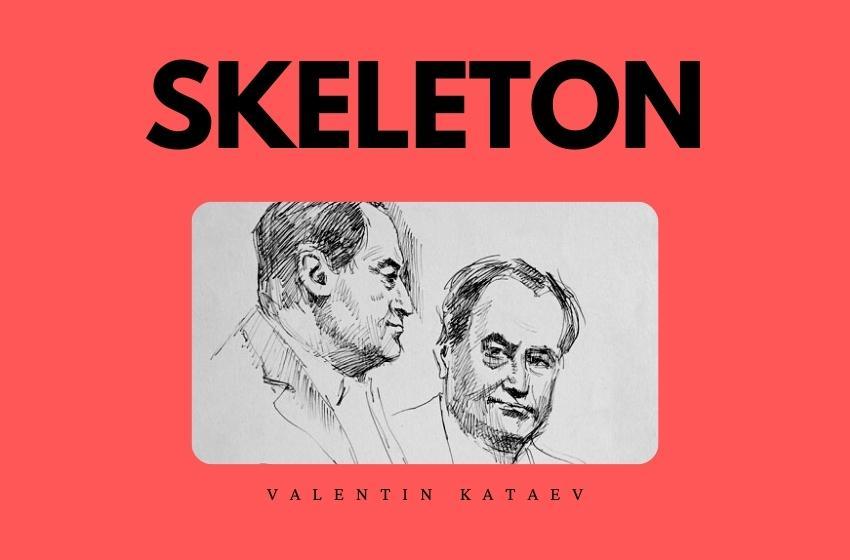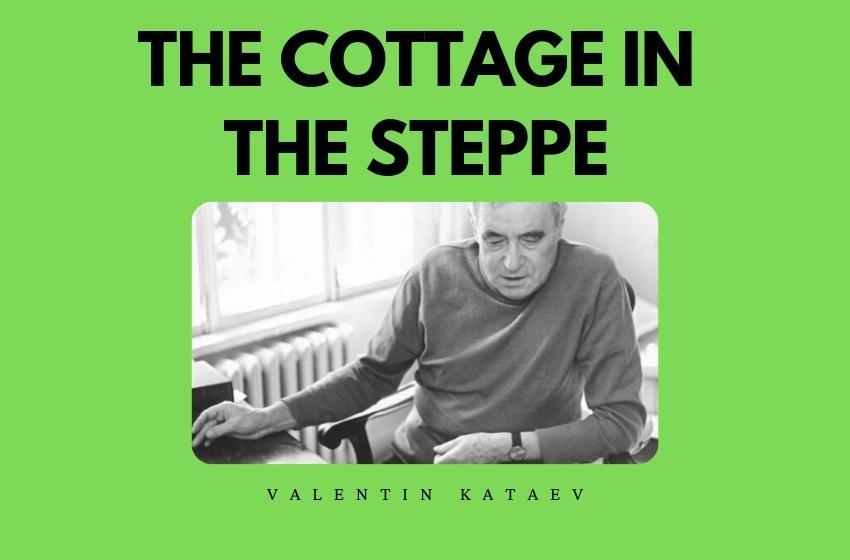
Petya woke up in the middle of the night and saw Vasily Petrovich sitting at his desk in his shirtsleeves. Petya was used to seeing his father correct exercise-books at night. This time, however, Father was doing something else. The stacks of exercise-books were lying untouched, and he was writing something rapidly in his fine hand. Little fat volumes of an old edition of Tolstoi's works were scattered about the desk.
"Daddy, what are you writing?"
"Go to sleep, sonny," Vasily Petrovich said. He walked over to the bed, kissed Petya, and made the sign of the cross over him.
The boy turned his pillow, laid his head on the cool side and fell asleep again.
Before he dozed off he heard the rapid scratching of a pen, the faint clinking of the little icon at the head of his bed, saw his father's dark head next to the green lamp-shade, the warm grow of the candle flame in the corner beneath the
big icon, and the dry palm branch that cast a mysterious shadow on the wallpaper, as always bringing to mind the branch of Palestine, the poor sons of Solim, and the wonderful soothing music of Lermontov's poem:
Peace and silence all around,
On the earth and in the sky....
Next morning, while Vasily Petrovich was busy washing, combing his hair, and fastening a black tie to a starched collar, Petya had a chance to see what his father had been writing during the night.
An ancient home-made exercise-book sewn together with coarse thread lay on the desk. Petya recognized it immediately. Its usual place was in Father's dresser, next to the other family relics: the yellowed wedding candles, a spray of orange blossom, his dead mother's white kid gloves and little bead bag, her tiny mother-of-pearl opera-glasses, some dried leaves of a wild pear tree that grew on Lermontov's grave, and a collection of odds and ends which, in Petya's view, were just junk, but to Vasily Petrovich very precious.
Petya had leafed through the exercise-book once before. Half of it was taken up with la speech Vasily Petrovich had written on the hundredth anniversary of Pushkin's birth; there had not been anything in the other half. The boy now saw that a new speech filled up this yellowed half of the book. It was written in the same fine hand, and its subject was Tolstoi's death. This is how it began:
"A great Russian writer is dead. Our literary sun has set."
Vasily Petrovich put on a pair of new cuffs and his best hollow-gold cufflinks, carefully folded the exercise-book in two and put it in his side-pocket. Petya watched his father drink a quick glass of tea and then proceed to the hall where he put on his heavy coat with the frayed velvet collar. The boy noticed that his fingers were trembling and his pince-nez was shaking on his nose. For some reason, Petya suddenly felt terribly sorry for his father. He went over to him and brushed against his coat-sleeve, as he used to do when he was a very small boy.
"Never mind, we'll show them yet!" Father said and patted his son's back.
"I still advise you against it," Auntie said solemnly as she looked into the hall.
"You're wrong," Vasily Petrovich replied in a soft tremulous voice. He put on his wide-brimmed black hat and went out quickly.
"God grant that I am wrong!" Auntie sighed. "Come on, boys, stop wasting time or you'll be late for school," she added and went over to help Pavlik, her favourite, buckle on his satchel, as he had not yet mastered the fairly simple procedure.
The day slipped by, a short and, at the same time, an interminably long and dreary November day, full of a vague feeling of expectation, furtive rumour, and endless repetition of the same agonizing words: "Chertkov," "Sofya Andreyevna," "Astapovo," "Ozolin."
It was the day of Tolstoi's funeral.
Petya had spent all his life on the southern sea coast, in the Novorossiisk steppe region, and had never seen a forest. But now he had a very clear mental picture of Yasnaya Polyana, of woods fringing an overgrown ravine. In his mind's eye Petya saw the black trunks of the ancient, leafless lindens, and the plain pine coffin containing the withered, decrepit body of Lev Tolstoi being lowered into the grave without priest or choir boys attending. And overhead the
boy could see the ominous clouds and flocks of crows, exactly like those that circled over the church steeple and the bleak Kulikovo Field in the rainy twilight.
As usual, Father returned from his classes when the lamp had been lit in the dining-room. He was excited, happy and deeply moved. When Auntie, not without anxiety, asked him whether he had delivered his speech and what the reaction had been, Vasily Petrovich could not restrain the proud smile that flashed radiantly beneath his pince-nez.
"You could have heard a pin drop," he said, taking his handkerchief out of his back-pocket and wiping his damp beard. "I never expected the young bounders to respond so eagerly and seriously. And that goes for the young ladies too. I repeated it for the seventh form of the Maryinsky School."
"Were you actually given permission to do so?" "I didn't ask anyone's permission. Why should I? I hold that the literature teacher is fully entitled to discuss with his class the personality of any famous Russian writer, especially
when the writer in question happens to be Tolstoi. What is more, I believe that it is my duty to do so." "You're so reckless."
Later in the evening some young people, strangers to the family, dropped in: two students in very old, faded caps, and a young woman who also seemed to be a student. One of the youths sported a crooked pince-nez on a black ribbon, wore top-boots, smoked a cigarette and emitted the smoke through his nostrils; the young woman had on a short jacket and kept pressing her little chapped hands to her bosom. For some reason or other they were reluctant to come into the rooms, and remained in the hall talking with Vasily Petrovich for a long time. The deep, rumbling bass seemed to belong to the student with the pince-nez, and the pleading, lisping voice of the young woman kept repeating the same phrase over and over again at regular intervals:
"We feel certain that as a progressive and noble-minded person and public figure, you won't refuse the student body this humble request."
The third visitor kept wiping his wet shoes shyly on the door mat and blowing his nose discreetly.
It turned out that news of Vasily Petrovich's talk had somehow reached the Higher Courses for Women and the Medical School of the Imperial University in Odessa, and the student delegation had come to express their solidarity and also to request him to repeat his lecture to a Social-Democratic student circle. Vasily Petrovich, while flattered, was unpleasantly surprised. He thanked the young people but categorically refused to address the Social-Democratic circle.
He told them that he had never belonged to any party and had no intention of ever joining one, and added that he would regard any attempt to turn Tolstoi's death into something political as a mark of disrespect towards the great writer, as Tolstoi's abhorrence of all political parties and his negative attitude to politics generally were common knowledge.
"If that's the case, then please excuse us," the young lady said dryly. "We are greatly disappointed in you. Comrades, let's go."
The young people departed with dignity, leaving behind the odour of cheap tobacco and wet footprints on the doorstep.
"What an astonishing thing!" Vasily Petrovich said as he strode up and down the dining-room, wiping his pince-nez on the lining of his house jacket. "It's really astonishing how people always find an excuse to talk politics!"
"I warned you," Auntie said. "And I'm afraid the consequences will be serious."
Auntie's premonition turned out to be correct, although the results were not as immediate as she had expected. At least a month went by before the trouble began. Actually, the approaching events cast a few shadows before them.
However, they seemed so vague that the Bachei family paid little attention to them.
"Daddy, what's a 'red'?" Pavlik asked unexpectedly, as was his wont, at dinner one day, his shining, naive eyes fixed on Father.
"Really, now!" Vasily Petrovich said. He was in excellent spirits. "It's a somewhat strange question. I'd say that red means . . . well—not blue, yellow, nor brown, h'm, and so on."
"I know that. But I'm talking about people, are there red people?"
"Oh, so that's what you mean! Of course there are. Take the North American Indians, for example. The so-called redskins."
"They haven't got to that yet in their preparatory class," Petya said haughtily.
"They're still infants."
Pavlik ignored the insult. He kept his eyes on Father and asked:
"Daddy, does that mean you're an Indian?"
"Basically, no." Father laughed so loudly and boisterously that the pince-nez fell off his nose and all but landed in his soup.
"Then why did Fedya Pshenichnikov say you were a red?"
"Oho! That's interesting. Who is this Fedya Pshenichnikov?"
"He's in my form. His father is senior clerk in the Governor's office in Odessa."
"Well! If that's the case, then perhaps your Fedya knows best. However, I think you can see for yourself that I'm not red, the only time I ever get red is during severe frost."
"I don't like this," Auntie commented.
Not long afterwards a certain Krylevich, the bookkeeper of the mutual aid society at the boy's school where Vasily Petrovich taught, -dropped in one evening to see him about some savings-bank matters. When they had disposed
of the matter, Krylevich, whom Vasily Petrovich had always found to be an unpleasant person, remained for tea. He stayed for an hour and a half, was incredibly boring, and kept turning the conversation to Tolstoi, praising Vasily
Petrovich for his courage, and begging him for his notes, saying he wanted to read them at home. Father refused, and his refusal upset Krylevich. Standing in front of the mirror in the hall, putting on his flat, greasy cap with the cockade of
the Ministry of Education, he said with a sugary smile:
"I'm sorry you don't want to give me the pleasure, really sorry. Your modesty is worse than pride."
His visit left a nasty after-taste.
There were other minor happenings of the same order; for instance, some of their acquaintances would greet Vasily Petrovich in the street with exaggerated politeness, while others, on the' contrary, were unusually curt and made no
attempt to conceal their disapproval.
Then, just before Christmas, the storm broke.
1956
Translated by Fainna Solasko and Eve Manning



















